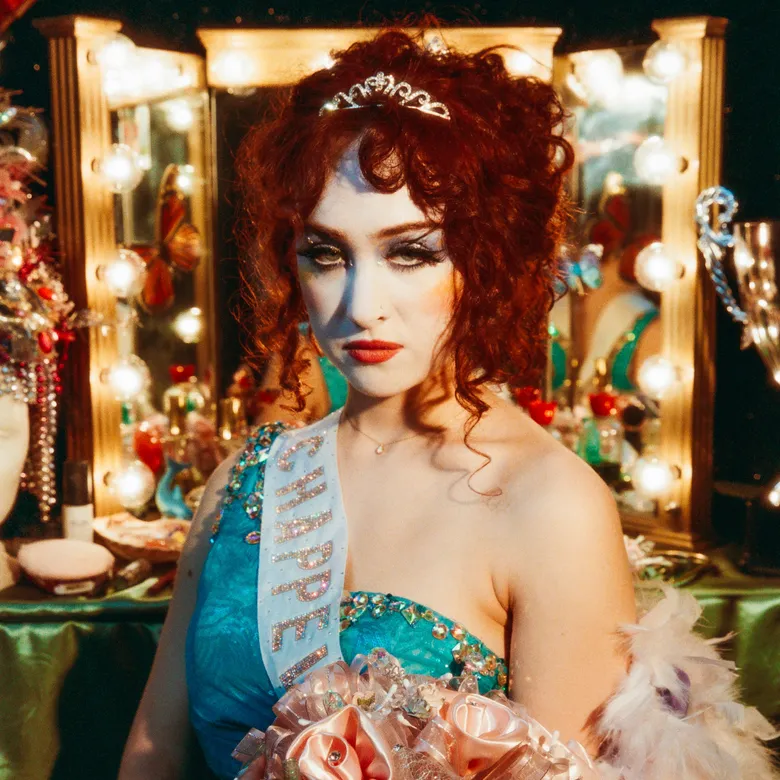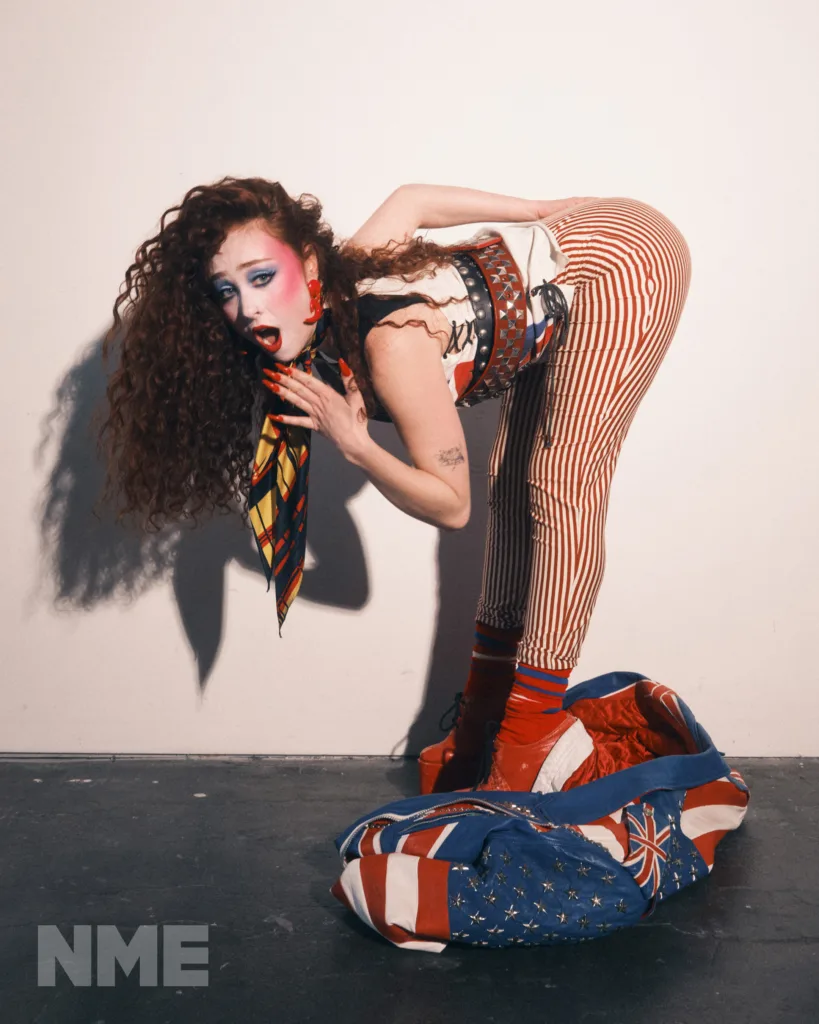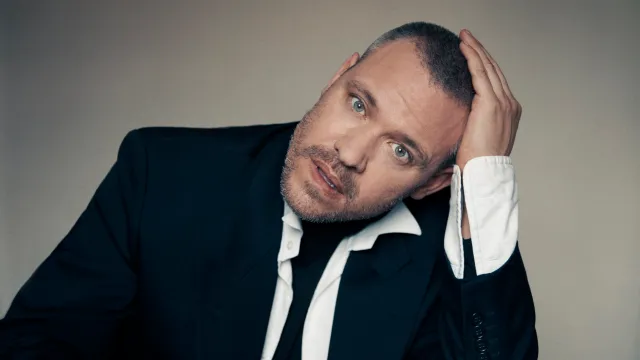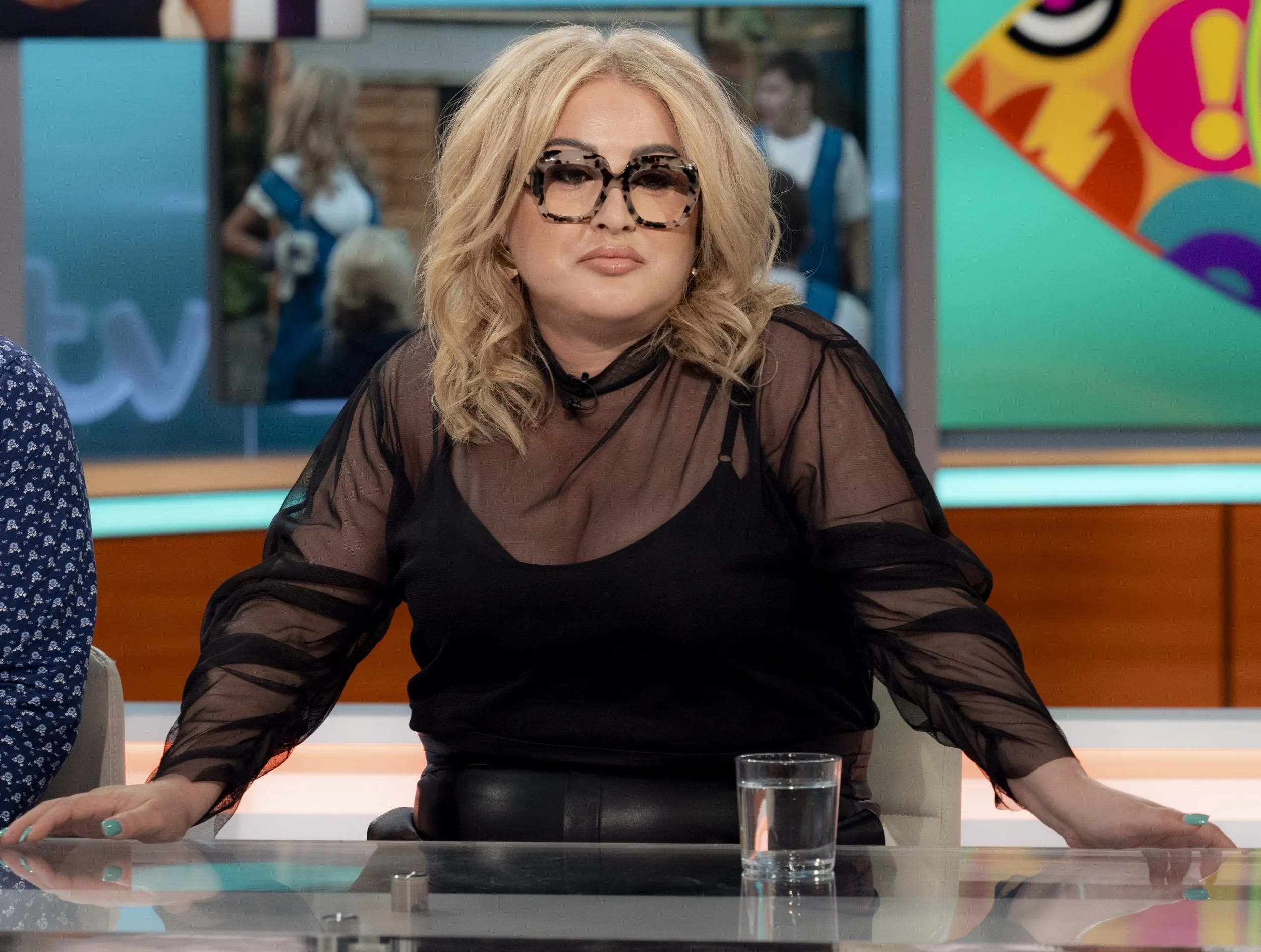How Chappell Roan Is Bringing Fun Back to Pop Music
Pop music is experiencing a revival of its playful and daring spirit, and at the forefront of this movement is Chappell Roan. With her exuberant debut album, The Rise And Fall Of A Midwest Princess, released in September, Roan narrates the journey of a closeted, small-town girl navigating her way through the complexities of the world.
This album is a vibrant blend of outrageous lyrical twists and scorching-hot melodies, making it one of the most provocatively engaging records in recent memory. The 26-year-old artist paints vivid scenes of passion and liberation—she sings about having sex in the passenger seat of a car, streaking through the streets of New York, and making out with her best friend, all while whimsically reasoning, “We could go to hell, but we’ll probably be fine.”

While these lyrics suggest a life of reckless abandon, they also reflect a deeper autobiographical thread. Born and raised in the conservative city of Willard, Missouri, Roan—real name Kayleigh Amstutz—grew up attending church three times a week and internalizing the belief that being gay was a sin. This strict upbringing created a stark contrast to the persona she would later adopt.
A Young Star is Born
Roan’s musical journey began in an unexpected way. At the age of 17, she was discovered on YouTube. “I was just a YouTube girl,” she recalls. She had uploaded some songs she wrote at a summer camp, and these caught the attention of major record labels. “I showcased and auditioned for Republic Records and got calls from Columbia, Capitol, and Atlantic. I chose Atlantic and was signed to them for five years,” she explains.
Despite the excitement of landing a major record deal, the experience was fraught with challenges. “It was a horrible, horrible record deal,” Roan admits. “But I didn’t know any better. I was literally a minor.” Her lack of industry knowledge, coupled with the predatory nature of the music business, made this period particularly tough. However, the difficulties she faced during those formative years became invaluable learning experiences. “That journey was so tenacious, and I learned so much. It got me to where I am today.”

Finding Her Own Voice
Leaving the label was a pivotal moment for Roan. It allowed her to escape the confines of needing others’ approval and start making music for herself. “I always had access to my own self, but they just didn’t like it,” she says. The departure gave her the freedom to embrace her true artistic vision, which is evident in her current work. Tracks like “After Midnight” from her debut album, inspired by her father’s saying “nothing good happens after midnight,” showcase her ability to transform personal experiences into catchy, bubblegum pop.
Embracing Queerness
Roan’s album also marks a significant journey in her personal life, particularly in accepting her queerness. Songs like “Naked in Manhattan” and “Red Wine Supernova” reflect her exploration and realization of her identity. Despite being in a relationship with a man for part of the album’s creation, she wrote many queer songs inspired by daydreams and fantasies. “I found my queerness and my identity through the imagery of the album—the music videos, the photos, the outfits, and the makeup,” she explains. This creative process helped her connect deeply with the drag community and solidify her understanding of herself.

The Drag Queen Within
A defining moment for Roan was being told by a drag queen in London that she is, in fact, a drag queen. This revelation was transformative, helping her separate her stage persona from her personal life. “Chappell Roan is my drag project, and it’s been very freeing,” she says. This duality allows her to navigate the demanding nature of the music industry while protecting her true self.
Protecting Herself
Roan is acutely aware of the importance of protecting herself in an industry that often rewards those who neglect their well-being. “You really flourish if you don’t protect yourself,” she observes, noting the pressure to prioritize success over mental health. However, she is determined to maintain a healthy balance, recognizing that pop music, at its core, is just a job. “I don’t plan on doing this forever. I need to have an identity outside of this and protect myself for the future,” she asserts.
Validation and Recognition
Despite the challenges, Roan’s dedication to her true self has garnered significant recognition. Receiving praise from icons like Elton John and Olivia Rodrigo has been particularly validating. “It really validated that my gut is right,” she says, expressing gratitude for the acknowledgment from artists she admires.
Chappell Roan’s music captures the essence of youthful defiance and the quest for identity, wrapped in infectious pop melodies that are reinvigorating the genre. Through her work, she offers a voice to those who have felt repressed, celebrating freedom, self-discovery, and the joy of breaking free from societal constraints.



